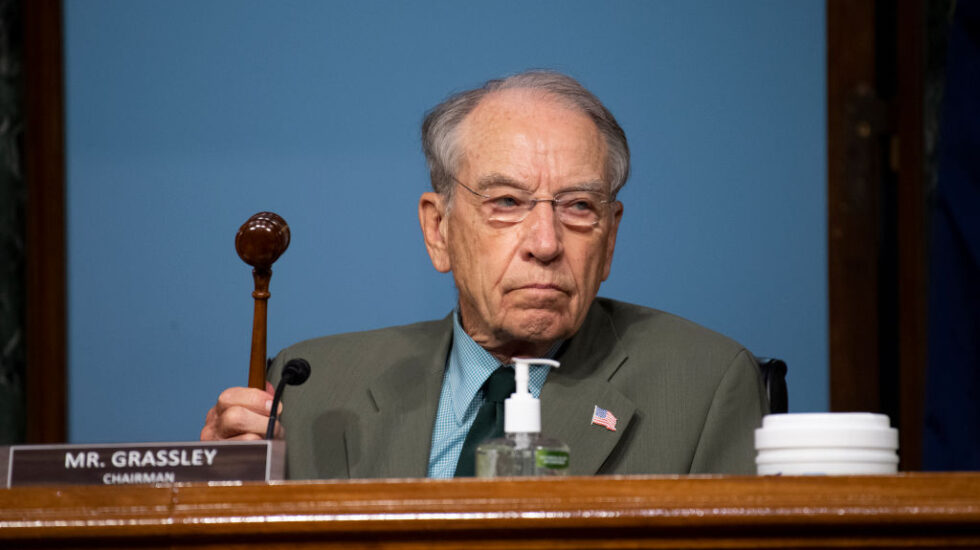President Trump is so determined to keep the names of Confederate generals on major U.S. Army bases that he’s threatening to veto a $740.5 billion defense bill.
But powerful Republican Sen. Chuck Grassley of Iowa, normally one of the president’s staunchest allies, says if Trump does veto the measure, Congress is likely to override it.
Both the Senate and House versions of the National Defense Authorization Act (NDAA) include amendments calling on the Pentagon to re-name the 11 bases, which include Fort Bragg and Fort Lee in Virgina, Fort Benning in Georgia and Fort Hood in Texas.
Grassley made his statement during a conference call Monday with Iowa reporters; it was reported nationally on Tuesday morning.
“I would hope he wouldn’t veto it just based on [the Confederate names],” Grassley said. “If it came to overriding a veto, we’d probably override the veto.”
Trump made his threat in a barely coherent Twitter post last week:
“I will Veto the Defense Authorization Bill if the … Amendment, which will lead to the renaming (plus other bad things!) of Fort Bragg, Fort Robert E. Lee, and many other Military Bases from which we won Two World Wars, is in the Bill!”
Grassley’s comments “are an unusual divergence from the president inside a Republican party that has typically stuck by him,” reports USA Today. “It comes as the general election is only months away, and the party would typically want to head into its August convention with a united front.”
And Grassley isn’t the only formidable GOP senator to take a rare stand against the president on this matter.
The Hill notes that Sen. Mitch McConnell (R-KY), the Majority Leader, and others, “have urged Trump to back down from his veto threat on the defense bill.”
McConnell told Fox News last week that he hopes the president “will reconsider vetoing the entire defense bill, which includes pay raises for our troops, over a provision in there that could lead to changing the names.”
Trump has issued eight vetoes over the past three and one-half years; none have been overridden.
This time, however, the idea of discarding the names of military leaders who fought to preserve slavery has gotten a boost from the Black Lives Matter protests that followed George Floyd’s death while he was in police custody in Minneapolis.



